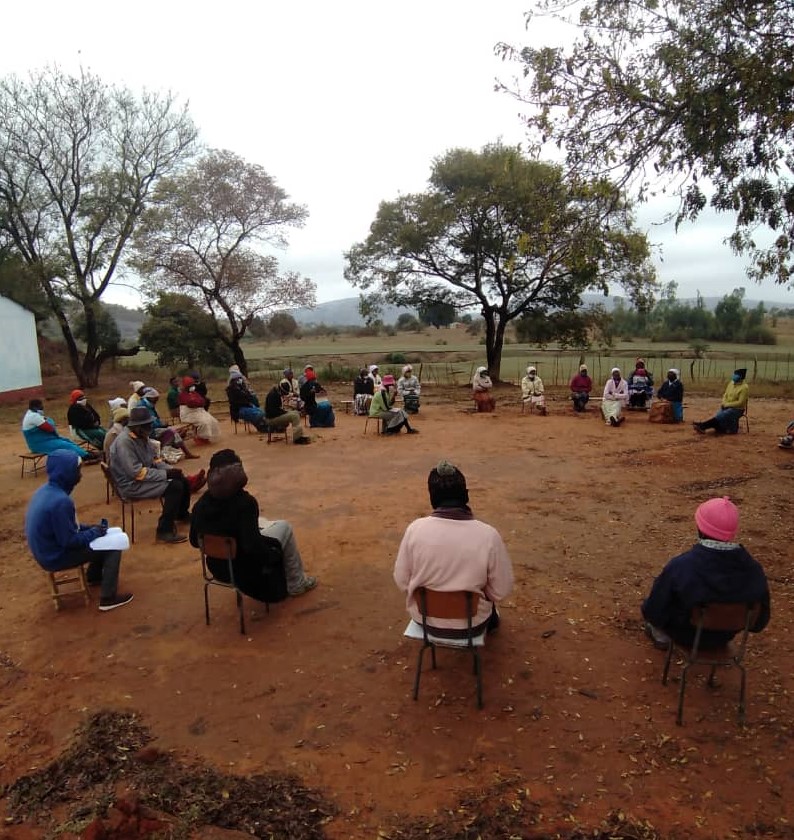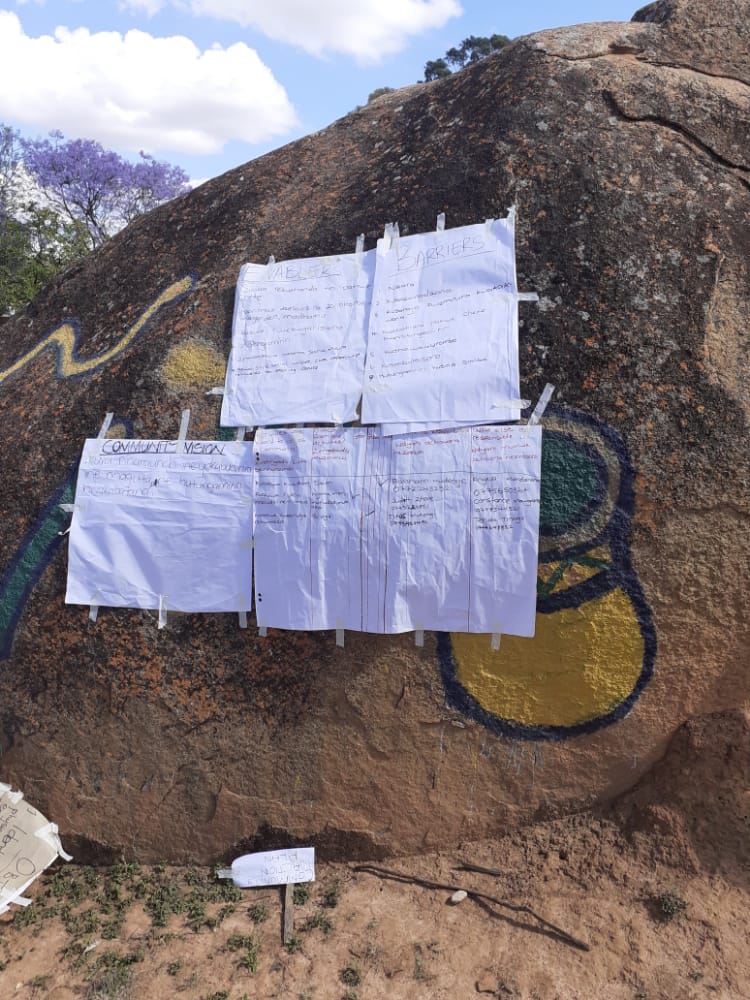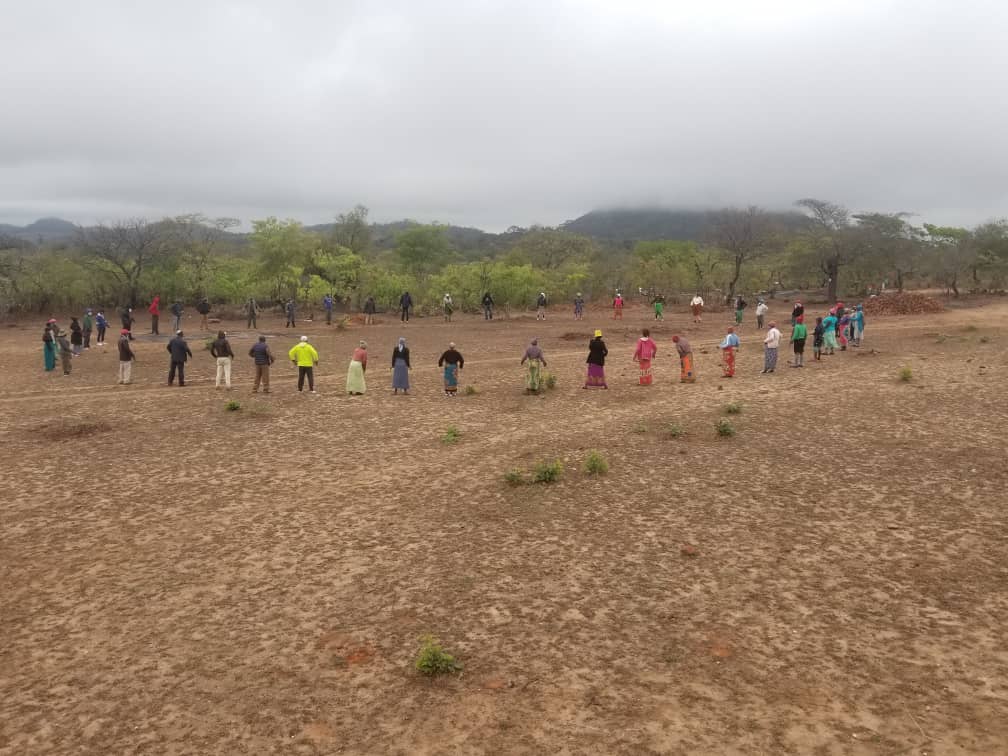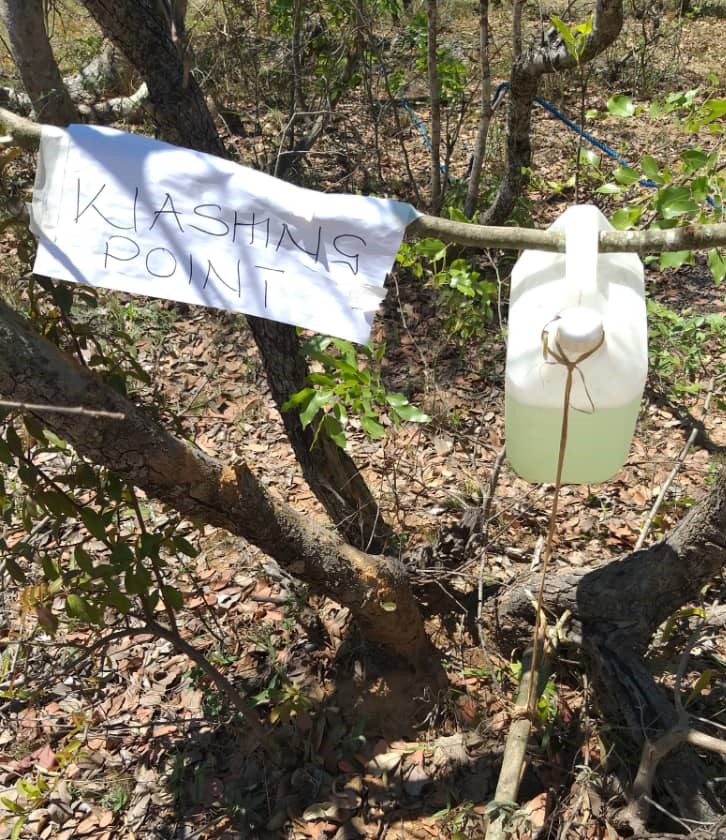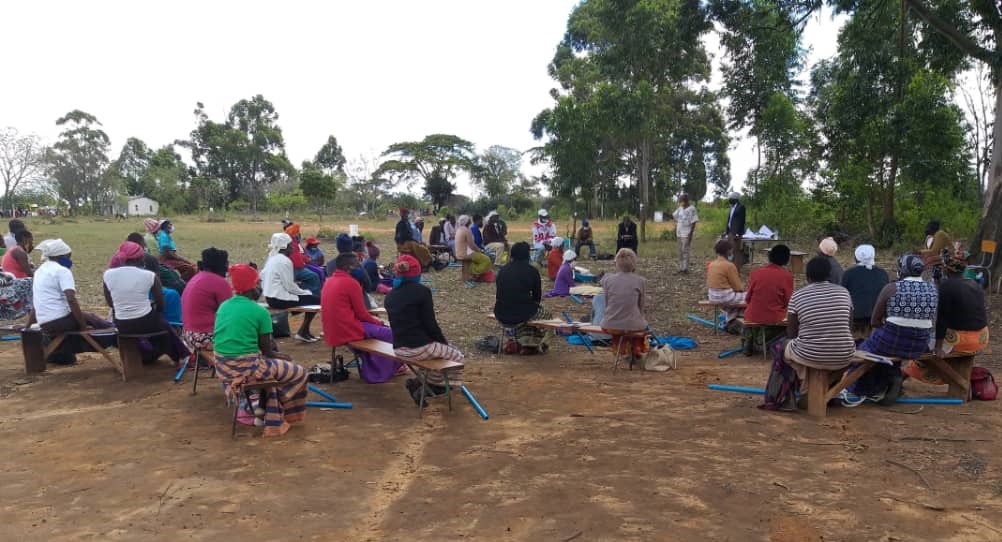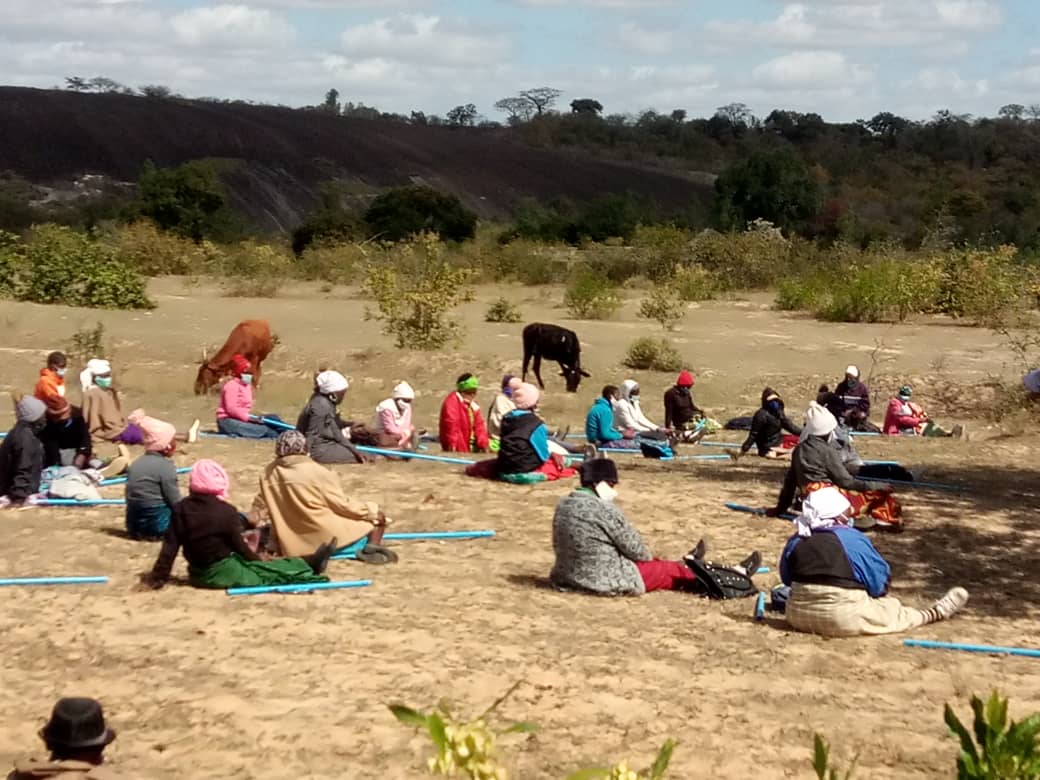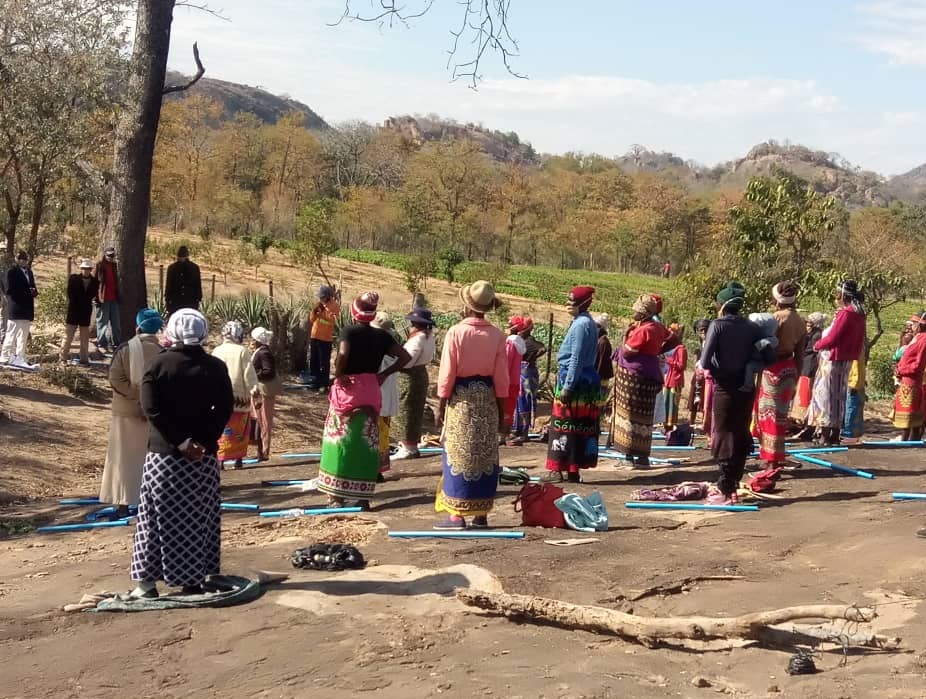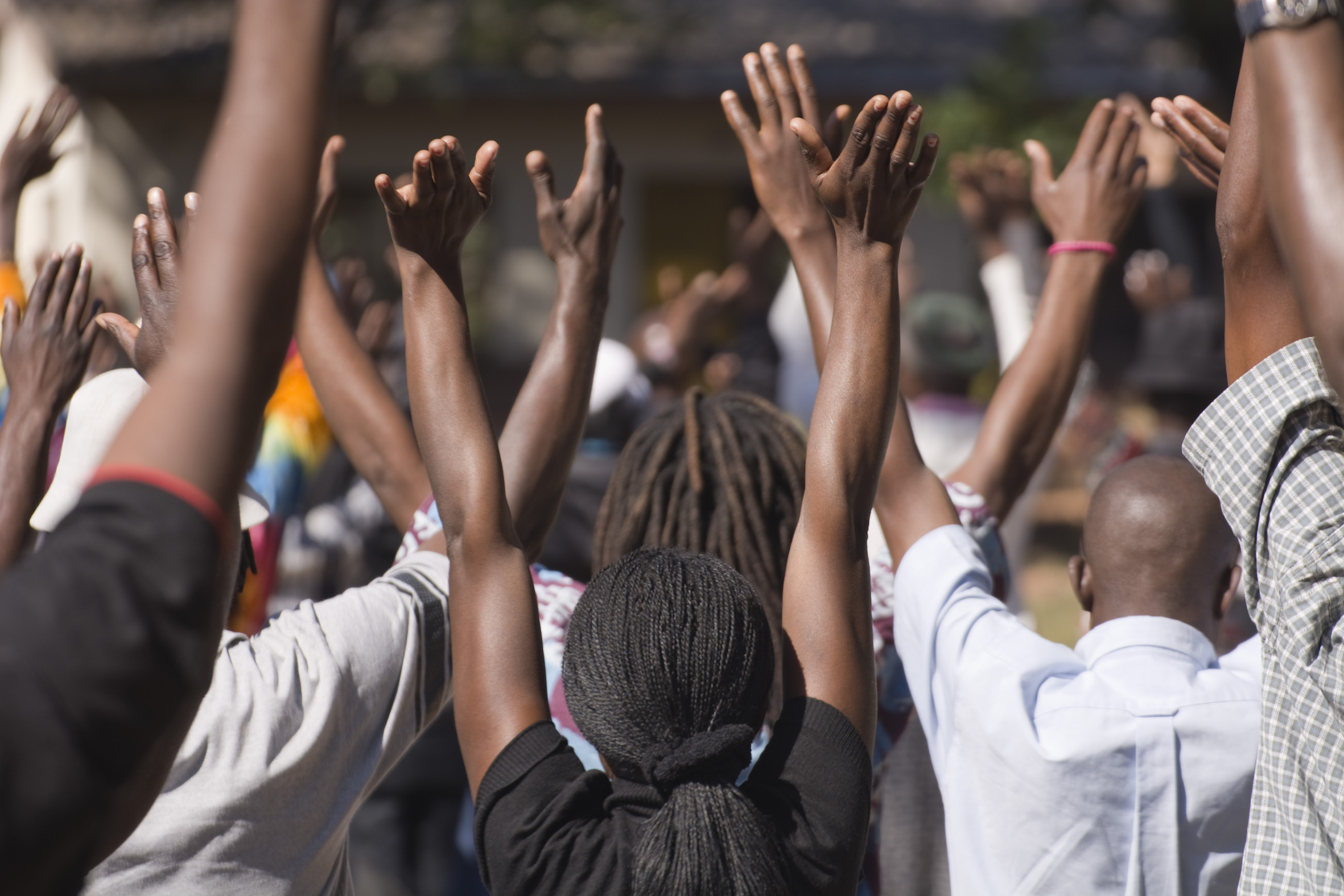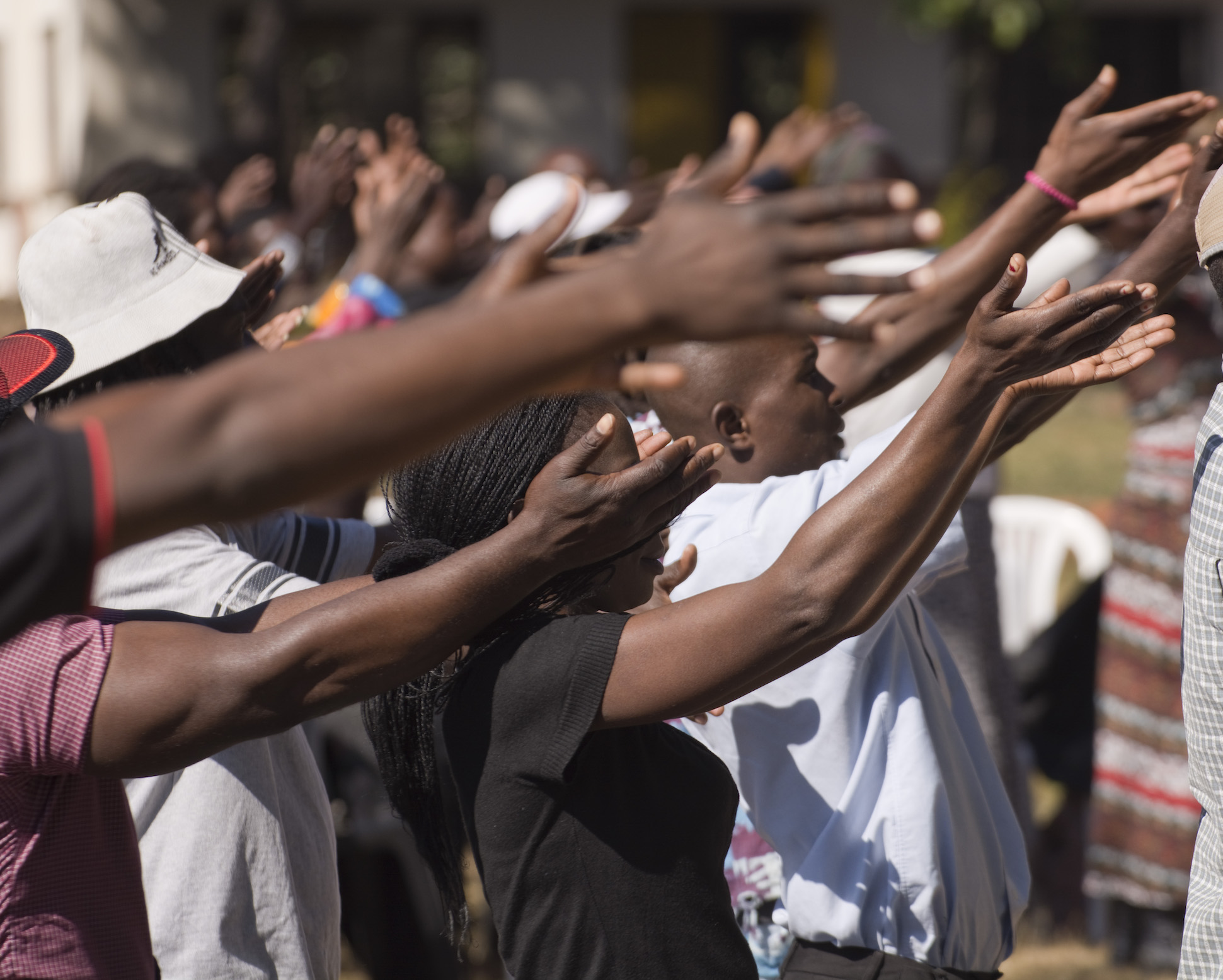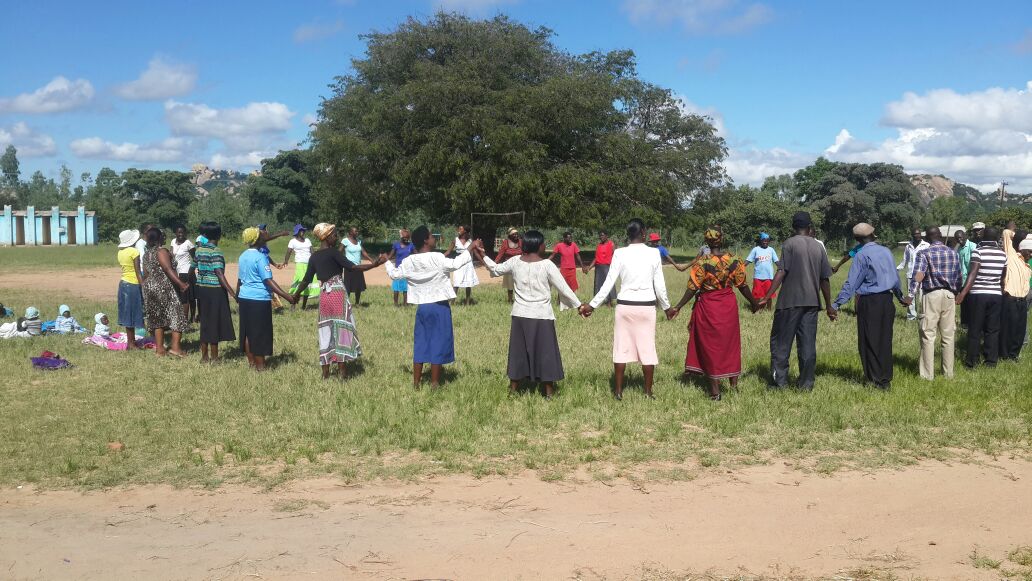The Tree of Life Trust derives its name from the home-grown Tree of Life process, initially developed in 2002 by Bev Reeler to empower Zimbabwean youth to build resilience and better community relationships.
While in South Africa in 2003, the founder of the process participated in the June 26 'United Nations International Day in Support of Victims of Torture' commemoration march. She was touched by the plight of the Zimbabwean activists living in exile and was moved to support them in overcoming their trauma. It was at this point that the Tree of Life Trauma Healing & Empowerment (TH&E) workshop was adapted as a healing and empowerment tool to help victims of trauma and distress. With support from friends in South Africa, the very first trauma healing and empowerment workshops were held, with a few Zimbabwean facilitators being trained. The South African Tree of Life team were able to partner with several NGO’s who helped to keep the healing workshops going through to 2008.
In 2004 the process was brought back to Zimbabwe, to help survivors of trauma who were still living in Zimbabwe. Between 2004 and 2008 sporadic healing workshops were held as and when funding could be found, mostly through a network of friends both locally and internationally. A handful of facilitators were trained. As an urgent response to the insurgence of disruptions during the 2008 June Election re-run, the Research and Advocacy Unit were given pilot funding to set up the original Tree of Life project, to roll out healing workshops for trauma victims. Very swiftly, the Tree of Life Zimbabwe, as a project, grew into a large programme, and in 2010 the autonomous Tree of Life Trust was born.
In 2012 a scientific study on the efficacy of the Tree of Life Trauma healing & Empowerment tool was commissioned and as a part of the study a comparative intervention, the Psychosocial Awareness and Coping Skills (PACS) workshop was created. Both interventions fared highly during the study, leading to the intentional incorporation of the PACS workshops into ToL's core programming. The PACS workshop has proven to be a highly effective Social Cohesion tool as it brings communities together in a collaborative way.












